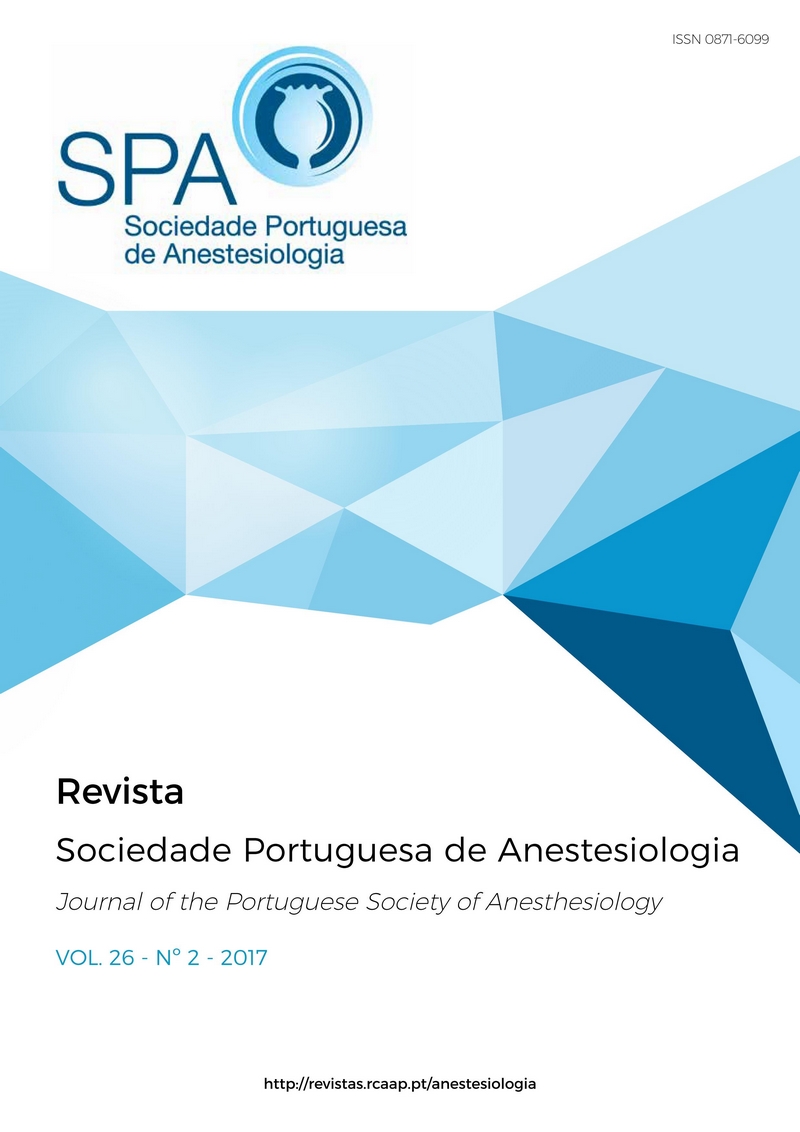The problem of adult, legally competent Jehovah’s Witnesses refusing blood transfusions
DOI:
https://doi.org/10.25751/rspa.7323Keywords:
Adult, Bioethics, Blood Transfusion, Jehovah's Witnesses, Living Wills, Mental Competency, Patient Rights, Treatment RefusalAbstract
The refusal to undergo a blood transfusion among Jehovah’s Witnesses raises important ethical and legal issues concerning the most appropriate course of action for the healthcare professionals involved in their care. In this article we discuss the Bioethical principles involved as well as the existing regulations, aiming to contribute towards a more meditated and uniform conduct among healthcare professionals.
Material and Methods: We performed a PubMed search for the word combinations “Jehovah’s Witness”, “Living will”, “Transfusion refusal” and “Blood refusal”, as well as a search through the Portuguese Legal System and for decisions from institutional bodies.
Results: We present different arguments both for and against blood transfusions in this context.
Discussion and Conclusions: Despite some exceptions, most authors uphold that a patient’s freely expressed will and right to autonomy should usually be respected even in a setting such as this, where different Bioethical principles naturally collide.
Downloads
Published
How to Cite
Issue
Section
License
Articles are freely available to be read, downloaded and shared from the time of publication.
The RSPA reserves the right to commercialize the article as an integral part of the journal (in the preparation of reprints, for example). The author should accompany the submission letter with a declaration of copyright transfer for commercial purposes.
Articles are published under the terms of the Creative Commons Attribution Non-Commercial License (CC BY-NC).
After publication in RSPA, authors are allowed to make their articles available in repositories of their home institutions, as long as they always mention where they were published.


